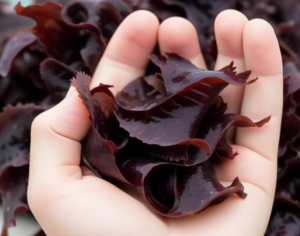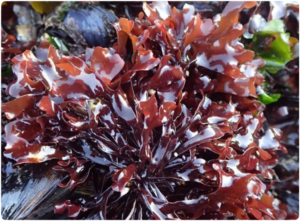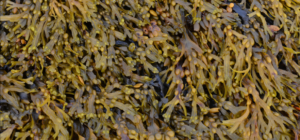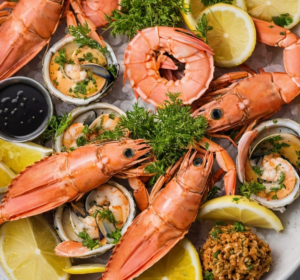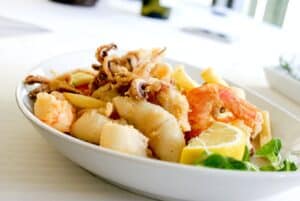In one of our earlier posts, we discussed organic seafood such as organic seaweed, and its benefits. Today, we will be talking about a specific seafood named raw mussels and learning how they are nutritious, beneficial, and also a sustainable option.
Understanding Mussels
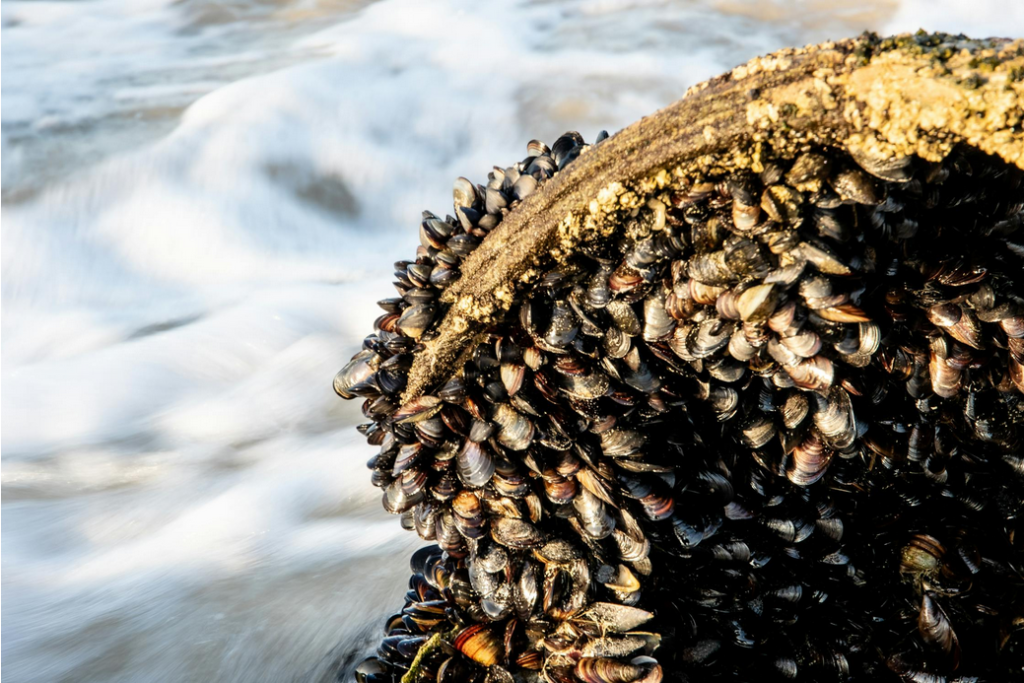
Mussels are bivalve mollusks belonging to the Mytilidae family. We’ll stop there; that’s quite a family name. Just understand that these organisms attach themselves to rocks and other stagnant structures in the sea. They use thread-like structures to latch onto the rocks, and these act as nature’s purifier, filtering water and plankton. They are usually blue-black but can even be light green depending on location and species.
Nutritional Profile
Raw mussels are a rich source of essential nutrients, making them a valuable addition to a balanced diet. According to the USDA, they are rich in protein and minerals, evident from the fact that they are seafood. Just a 3-ounce serving of raw mussels gives you ample amounts of protein, omega-3 fatty acids, and lots of minerals. Given all these benefits, it would be appropriate to call them a nutritional gold mine.
Culinary Uses
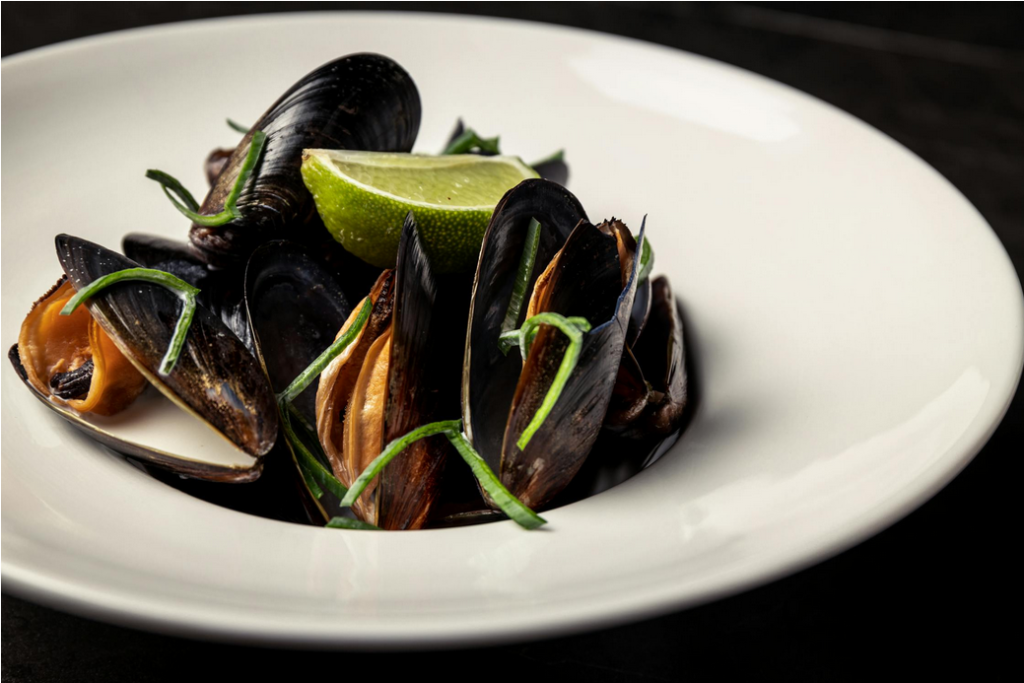
You can cook them and then eat them, or you can even have them raw. Raw mussels are used on various occasions such as in herbs and vegetables and/or citrus juices. Because of their delicate flavor, they are easily added to various seafood dishes. Check out some good mussel recipes here.
Safety Considerations
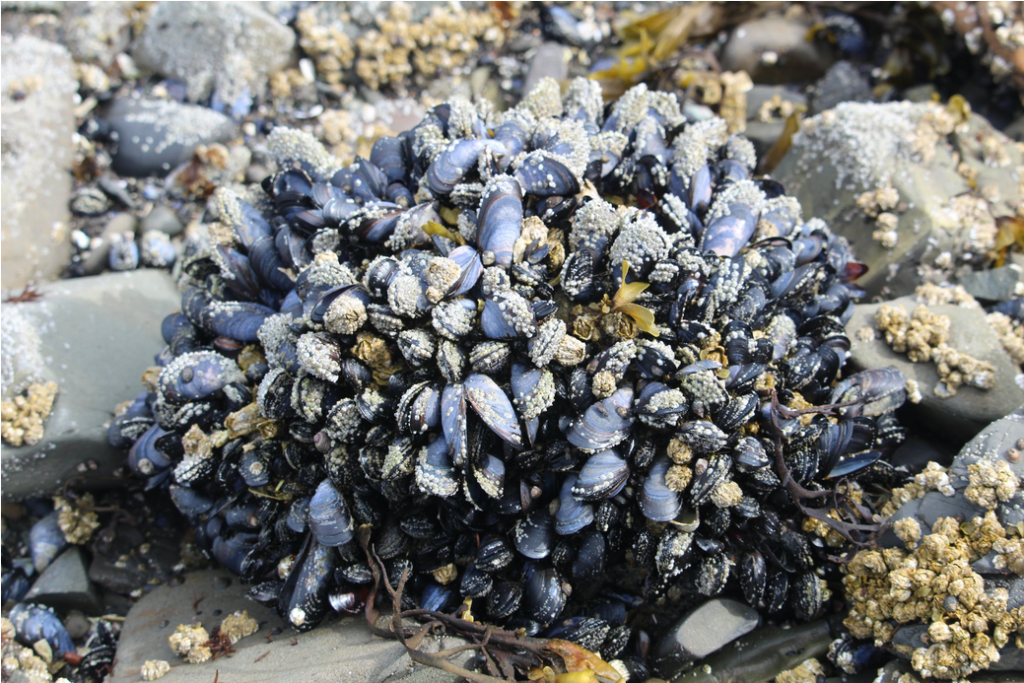
It is important to take care of the quality of mussels while choosing them and ensure that you consume only fresh supplies. Just like any other meat product, it is bound to spoil rather quickly, and hence you must take precautions. Buying from trusted sources or directly contacting the farmer can be a good option.
Sustainable Seafood Choice
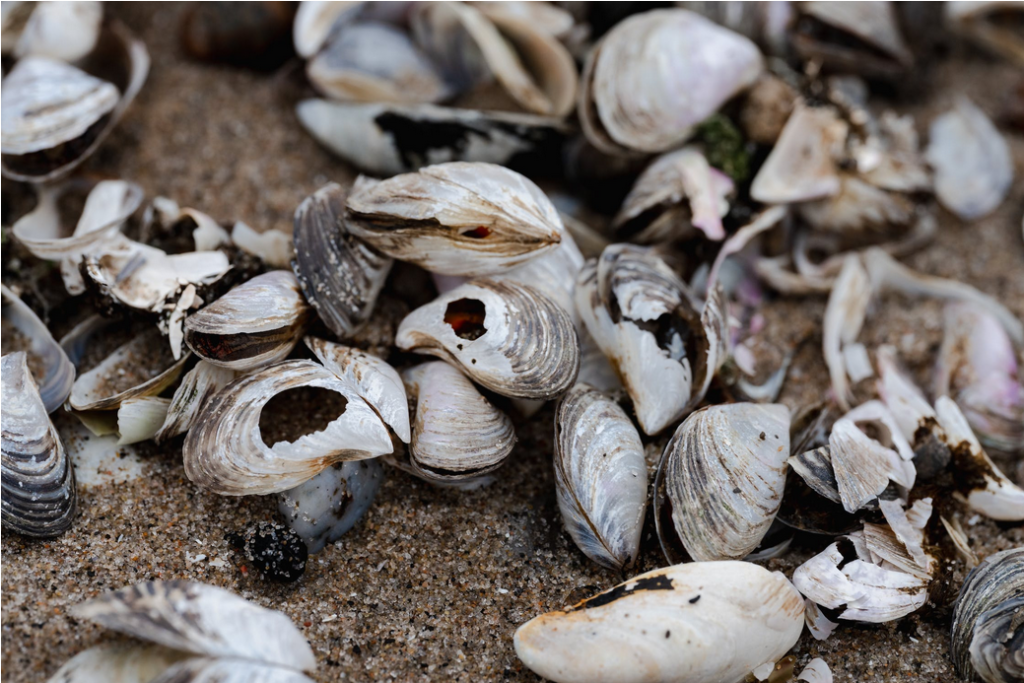
Raw mussels are a very sustainable option as they don’t add much overhead to the environment. Farming them is relatively easy and doesn’t require a lot of work as other meats such as fish and poultry do. As a result, the environmental footprint left is quite low, making it a viable option. Mussel farming, as discussed earlier, can also help purify water bodies and add a net positive to the ecosystem.
Conclusion
Hence, mussels can be a great addition to your diet as they are quite nutritious and healthy for you. Besides, they aren’t heavily processed, unlike other meat products, and can often be grabbed fresh from the market. We hope this helps you make sustainable choices when you go out shopping again and take a positive step towards sustainability. In case you have some great mussel recipes to share, do share them with us in the comments. Happy eating!
